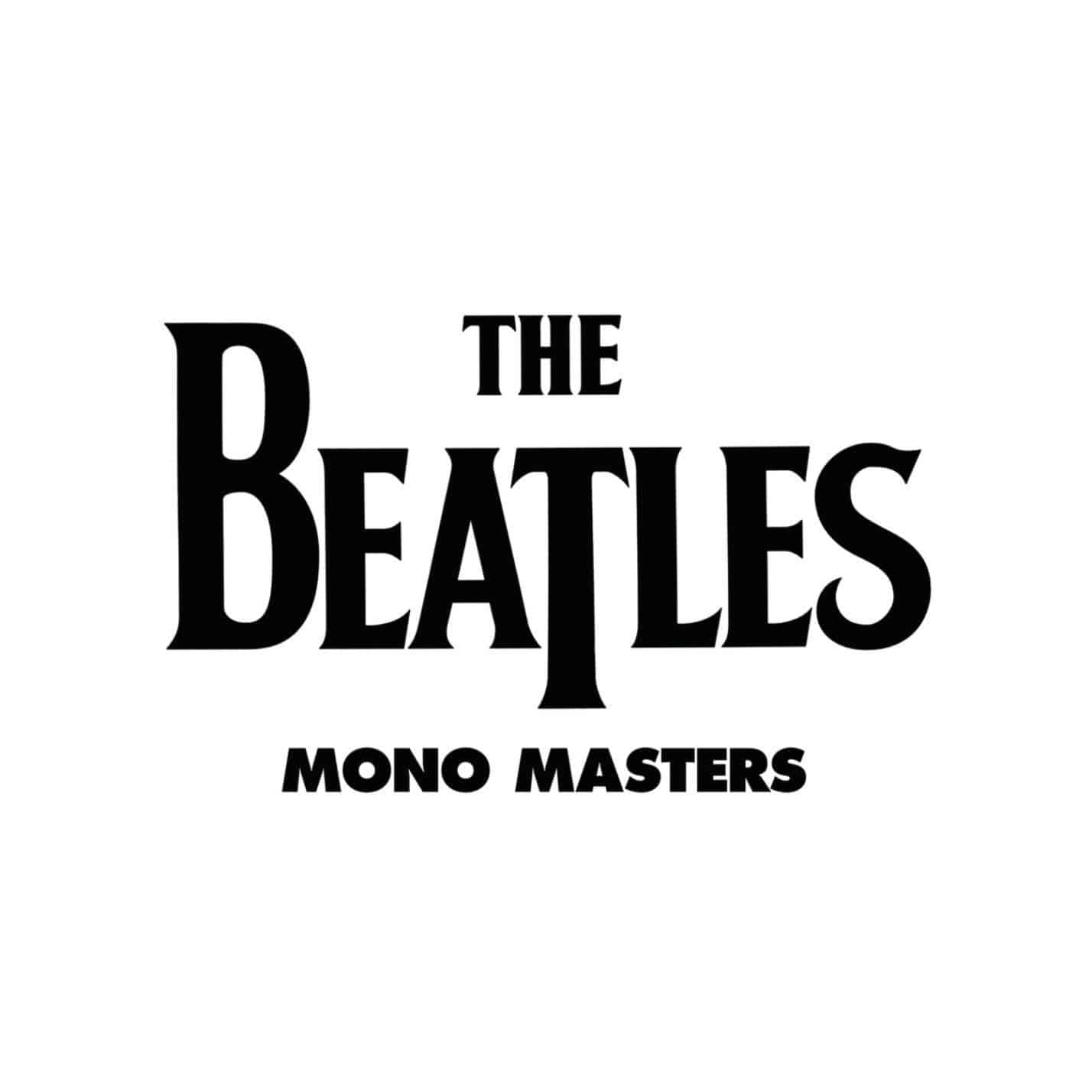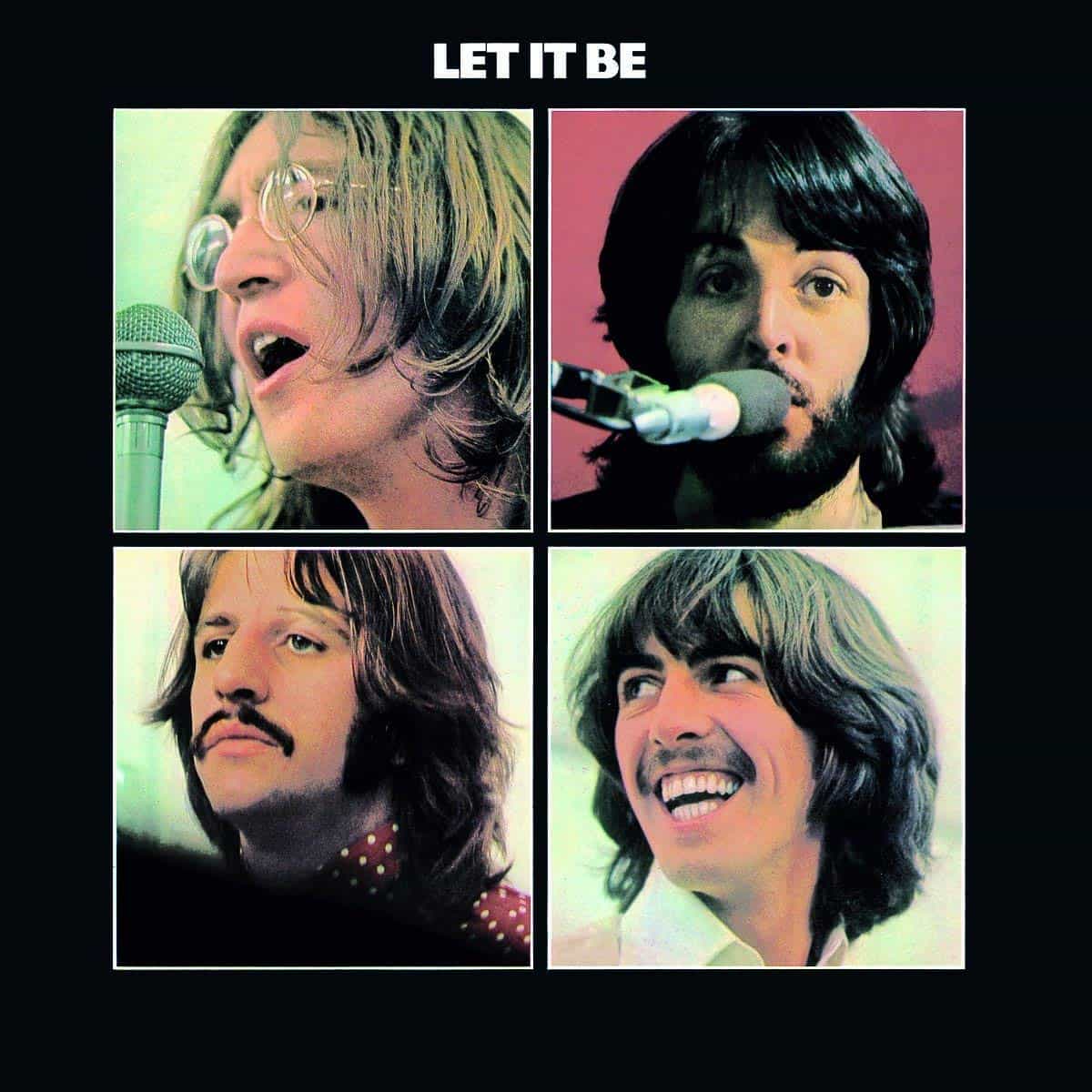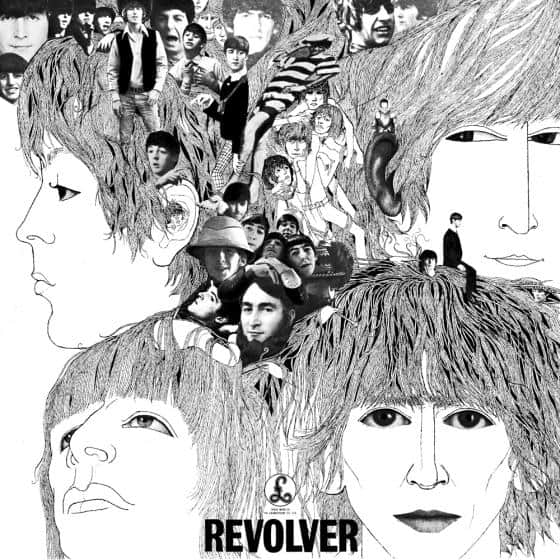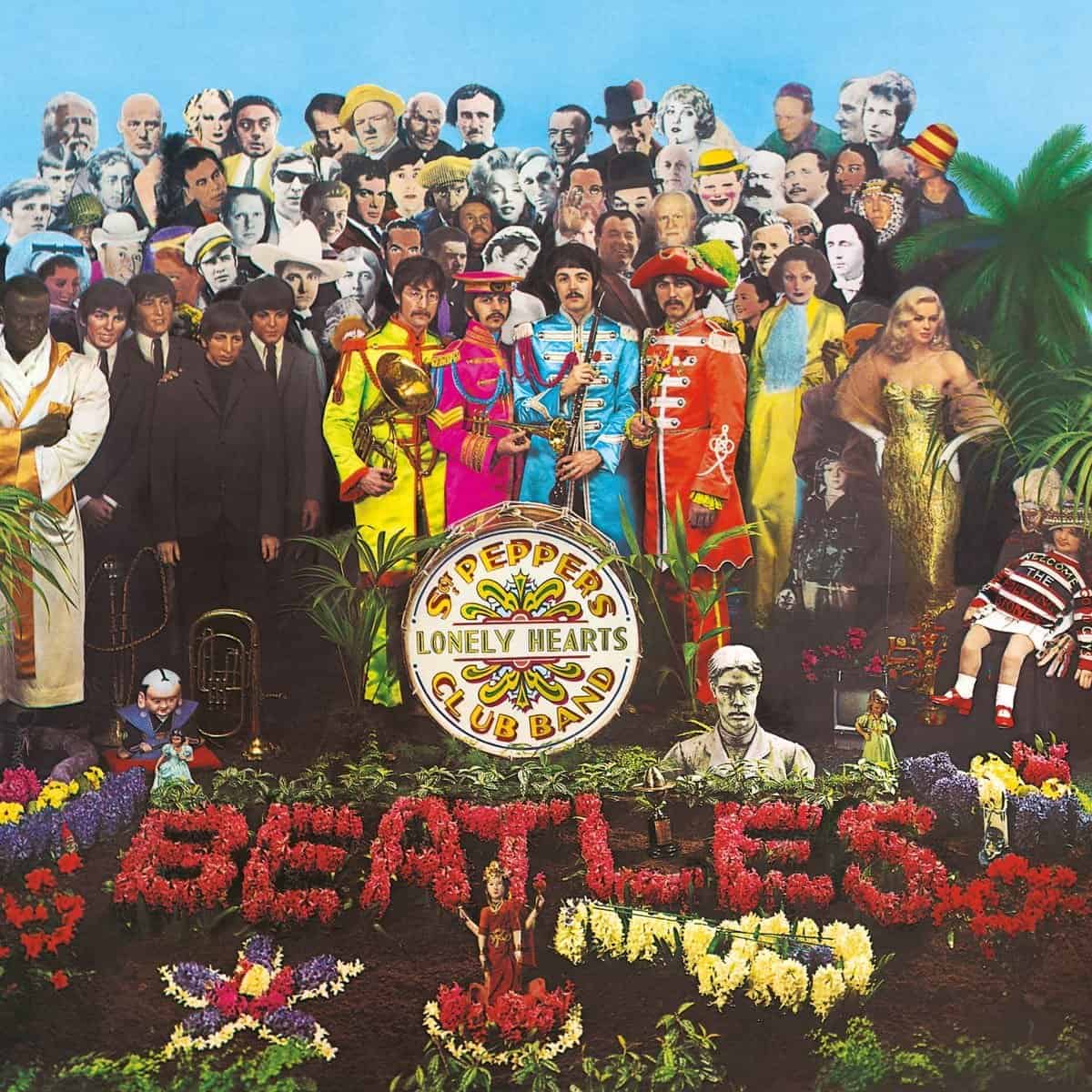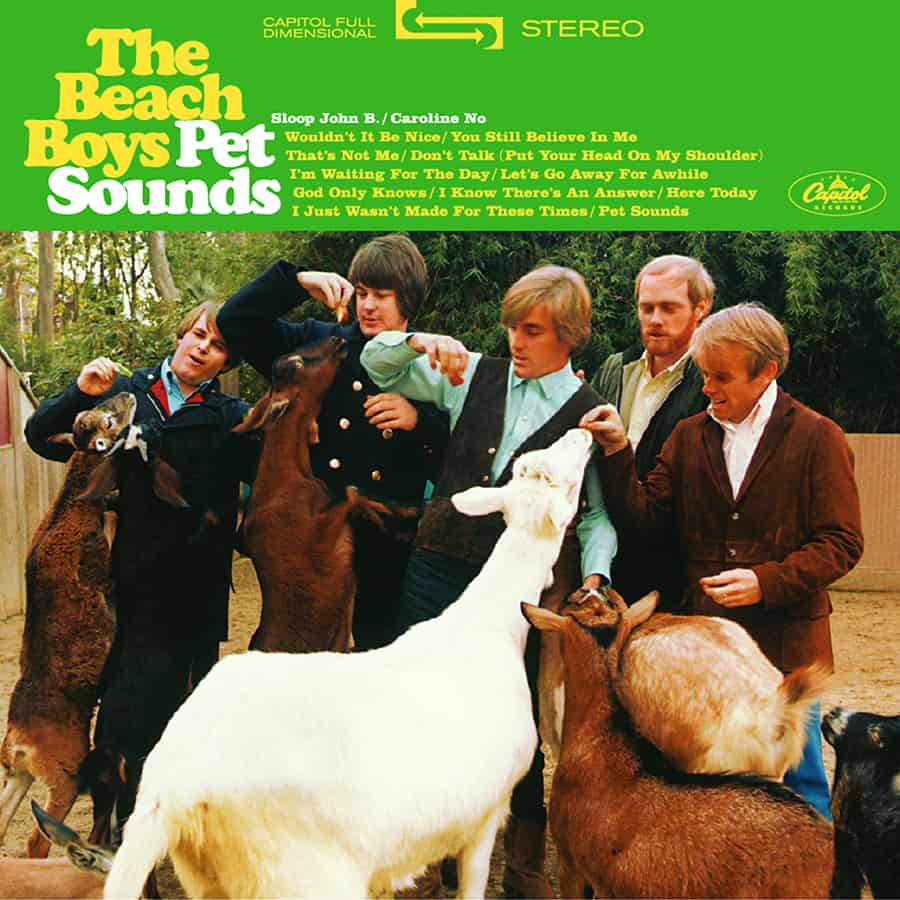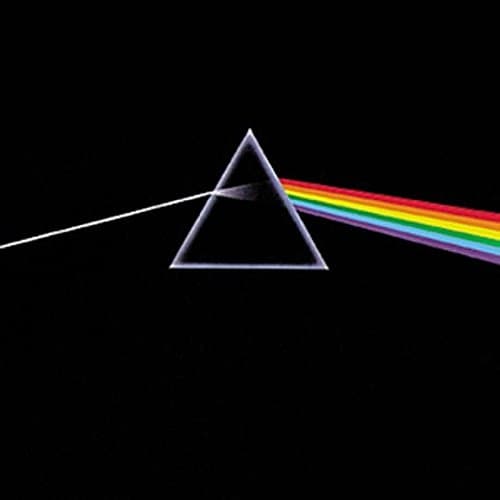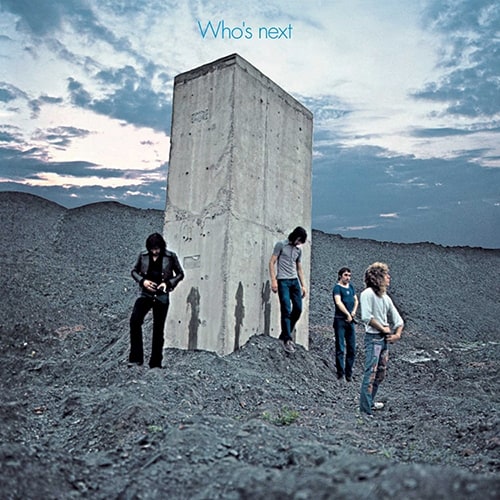Marketplace
Mono Reissue
- RPM 33 ⅓
- Audio Mono
- Catalog Number 5099963380811
- Release Year 2014
- Vinyl Mastering Engineer Sean Magee and Steve Berkowitz
- Pressing Weight 180g
- # of Disks 2
- Jacket Style Gatefold
- 100% Analog Mastering Yes
- Original Label Apple Records
- Original Catalog Number PMC 7067-8
Many ideas flurry around one’s mind when thinking about The White Album: Yoko Ono blowing up the band by clinging to John Lennon during recording sessions, Ringo Starr briefly quitting the group during a particularly contentious session, Charles Manson appropriating “Helter Skelter” for his own sinister purposes, fans playing “Revolution 9” backwards for evidence that Paul McCartney was dead, and the Beatles’ flirtation with guru Maharishi Mahesh Yogi in Rishikesh, India, where most of the songs for the double album were written. Has any rock album given birth to so much enduring folklore?
The record was originally released housed in an all-white gatefold cover with “The Beatles,” the name of the album, embossed (in white) on the front. It album immediately became known as TheWhite Album and the name stuck. The 2LP set itself was released with the then-new Apple labels, but was recorded and owned by EMI and, in every other way, a Parlophone release. It largely remains a collection of individual Beatle solo recordings rather than a group effort, and the beginning of the end for the band as all four strong personalities started heading off in different directions. While the whole group usually recorded the backing tracks, the author of each song performed vocal overdubs without the band in the studio (or even in the country). Nonetheless, The White Album has come to be considered one of the Fab Four’s great albums and a favorite of many fans. It was released in both stereo and mono, and spawned several websites devoted to cataloging the differences between the two versions.
Mono or stereo, the 30-track TheWhite Album teems with music that, at times, sounds achingly beautiful, with stunning guitar work and artistically imaginative writing. George Harrison’s “While My Guitar Gently Weeps” features Eric Clapton on lead guitar and cements Harrison’s legacy as a composer. McCartney’s “Honey Pie,” like “When I’m Sixty-Four,” embraces his debt to his father who encouraged his fascination with cabaret, night club, and dance music. But what really puts a unique stamp on the set are the handful of silly songs like “Rocky Raccoon,” “Why Don’t We Do It in the Road,” “Piggies,” “Glass Onion,” and “Happiness Is a Warm Gun.” Decades of Beatles research shows how Lennon and McCartney could toss off nonsense lyrics with abandon, but in 1968, even the least-fanatical Beatles enthusiast listened to them seeking meaning they were convinced lurked there.
Apple’s 2014 100% analog reissue is the first release to challenge the primacy of an original U.K. pressing. Even if you’ve only heard the album in stereo, forget the Japanese and out-of-print Mobile Fidelity reissues. This mono reissue will win you over. Compared to a first U.K. pressing, the soundstage stretches wider on certain cuts (e.g., “Birthday”) on the original than on the reissue. An occasional loss of air around the instruments also occurs on the reissue. But several very strong advantages work in favor the 2014 copy. Almost across the board, keyboard and guitar parts sound much clearer—not louder but more three-dimensional. In fact, all the instrumental backing tracks seem to have better definition. Dynamic range is improved throughout, which makes the bass in particular feel as if possesses more body. At the end of the day, I’d be quite satisfied with either the reissue or a U.K. original, but with early pressings of the latter selling for six figures, the choice is easy.
Packaging is the only box Apple didn’t tick quite right. With every other mono Beatles reissue, the package borders on perfection. However, with this foldout cover, my sample is not accurately cut and, as a result, the cover does not stay flat. The four sheets of the foldout cover are also glued crooked, and the poor fit caused one disc to warp.
2018 Stereo Mix, 2-LP
- RPM 33 ⅓
- Audio Stereo
- Catalog Number B0028831-01
- Release Year 2018
- Country United Kingdom
- Vinyl Mastering Engineer Miles Showell
- Pressing Weight Regular Weight
- # of Disks 2
- Vinyl Color No
- Jacket Style Gatefold
- 100% Analog Mastering Yes
- Pressing Plant QRP
- 1/2 Speed Mastered Yes
In John Lennon’s famous 1971 interview with Rolling Stone, he claimed The Beatles, better known as The White Album, really was the work of each Beatle working solo and bending the rest of the band to his will. Outtakes from the record’s sessions—included in the expanded 50thanniversary CD/Blu-ray box set as well as in more limited fashion on the 50thanniversary 4LP edition, and long available to various extents on bootlegs—show the band worked hard together to create the final canvas. Indeed, The Beatles displays the group casting its stylistic net wider ever before, and the result not only reaffirmed its greatness, but anticipated much of what would develop in rock.
Miles Showell cut this 50thanniversary two-LP set of the original album at half speed using the digital master from Giles Martin’s new mix of the record. I’ve owned many copies of The Beatles on vinyl, but my favorite, and point of comparison here, is the 1970 Apple U.K. edition.
The earlier pressing is cut somewhat loud, and my first impression of the new reissue is that it features a softer edge and more solid bottom end. The sound of the jet engine crossing channels on “Back in the U.S.S.R” has less high-frequency grit, and Paul McCartney’s voice is fuller, more fleshed out, and more centered. By contrast, the guitar strikes and barrelhouse piano were clearer and more clearly present on the original. The slight flange effect on the guitars on “Dear Prudence” sounds more tonally pleasing on the new version, McCartney’s bass line more finely etched, and Ringo Starr’s drums more realistic, especially the high hat, which now seems a little papery on the earlier pressing.
Background vocals throughout the album prove richer on the 2018 edition, with the lower harmonies claiming superior resonation. The piano on “Martha My Dear” boasts a more rounded tone that lets the low notes register. The strings behind McCartney’s voice come across as more textured and more tightly hold on and decay during the arrangement. Guitars are slightly sharper on the original, and the hand claps snappier. Yet the low notes on the acoustic guitar during “Julia” make a much stronger impact on the new pressing, and Lennon’s voice comes across as more centered, focused, and emotionally naked.
“Helter Skelter” cuts deeper on the 1970 pressing, but background vocals are now more layered and Starr’s drums stronger and bigger. In addition, the effects on Eric Clapton’s guitar on “While My Guitar Gently Weeps,” as well as the organ and Mellotron, better integrate with the other instruments. Showell’s mastering tends to present low frequencies with more clarity and bloom than on his other pressings (e.g., his vinyl cut of the 50thanniversary reissue of Sgt. Pepper’s Lonely Hearts Club Band). But as I listen to more of his work, the midrange tone also features more solidity and warmth, leading to superb overall balance.
My Quality Records Pressings-pressed vinyl is very quiet, even with the necessary boost in volume. That said, the first LP has a slight warp that doesn’t effect play. The packaging mirrors that of earlier The Beatles versions. It includes a poster with the lyrics on the back as well as 8 x 10 glossies of each Beatle.
In sum, Martin and Showell give The Beatles more sonic consistency and tame the occasional high-frequency aggressiveness of the original. While my memories of earlier pressings remain strong and favorable, this remixed and remastered version stands as a welcome and pleasing alternative. Recommended without reservation.
The Beatles (“The White Album”)

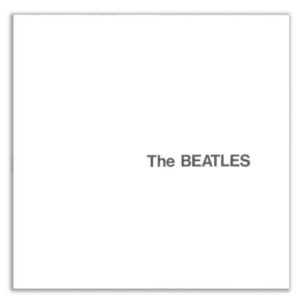
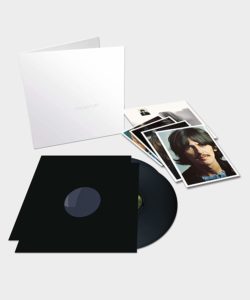
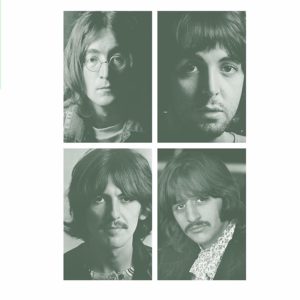
 4.5
4.5
